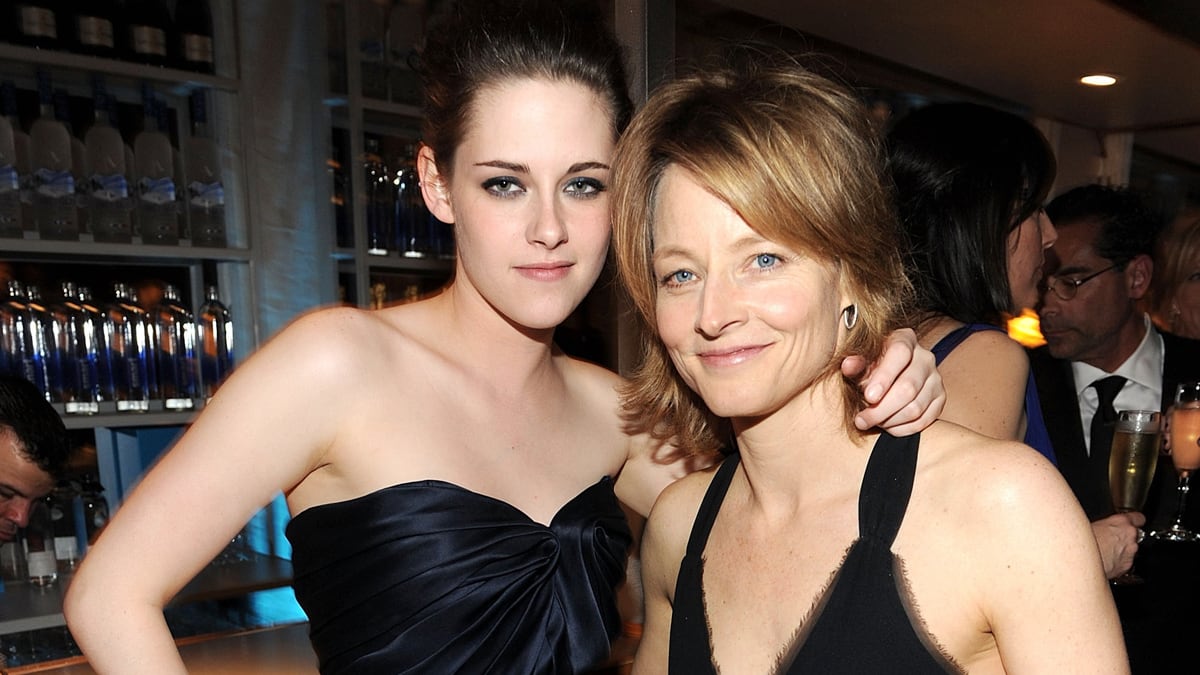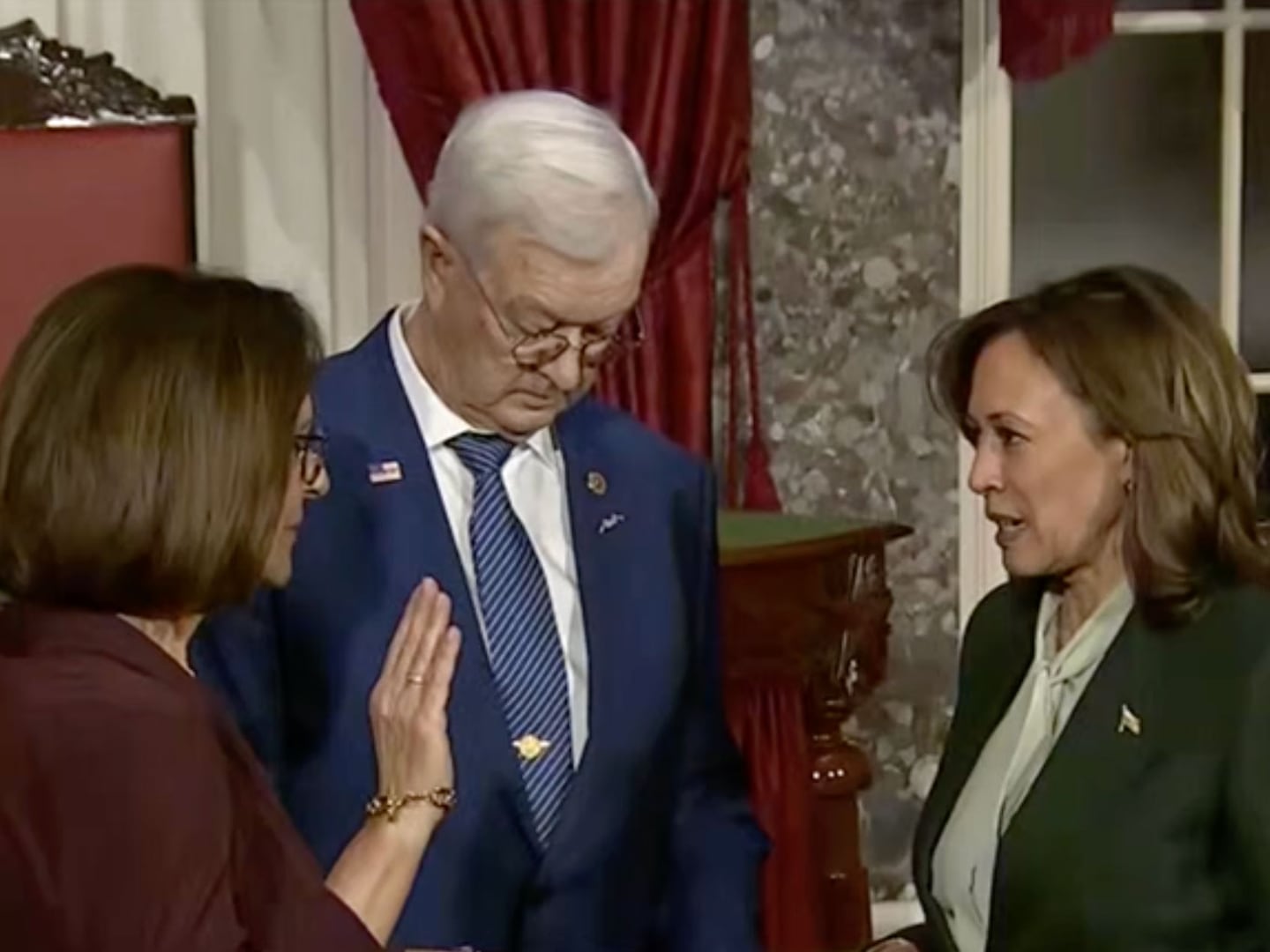Archive
Kevin Mazur / Getty Images
Jodie Foster Blasts Kristen Stewart–Robert Pattinson Break-Up Spectacle
The Accused
Hurtful headlines. Prurient paparazzi. Fickle fans. Enough already! Jodie Foster defends a kid actor’s right to be a kid.

Trending Now





